UN rights chief in China: walking a tightrope between engagement and risk
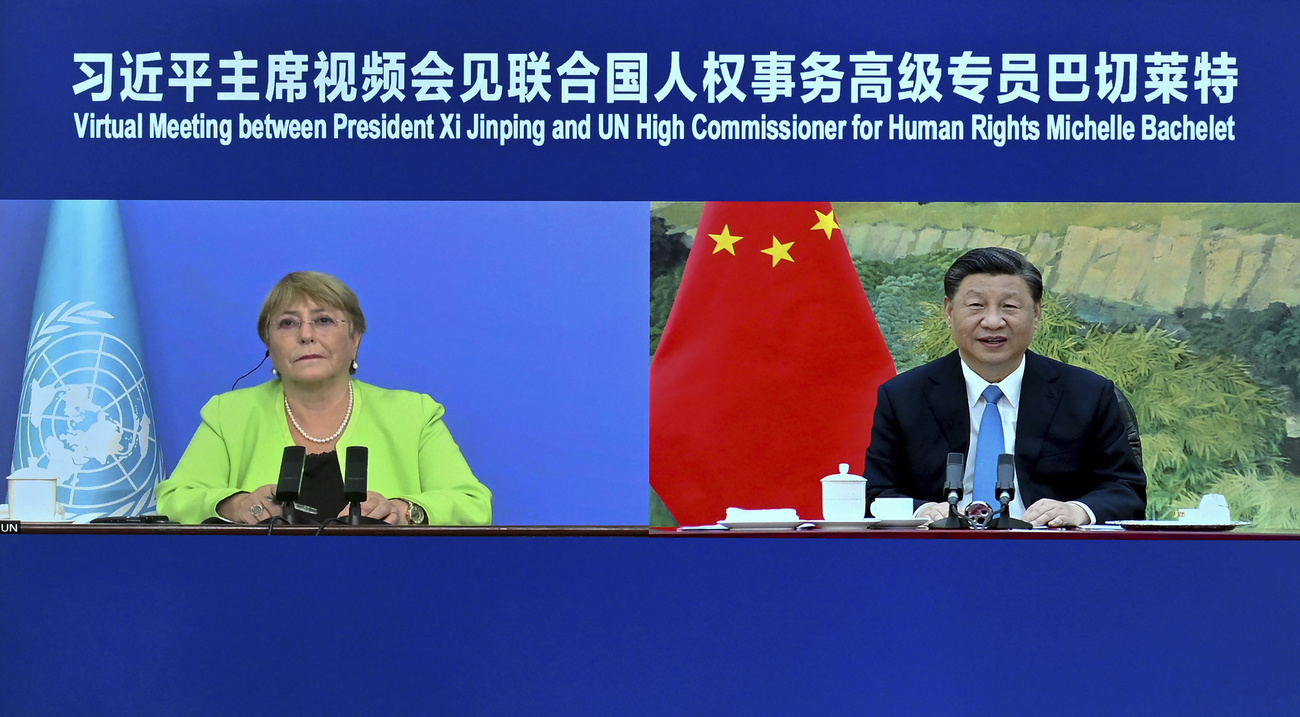
United Nations High Commissioner for Human Rights Michelle Bachelet on Saturday ended a six-day visit to China, as more reports emerged of widespread abuses against ethnic Uyghurs in its Xinjiang region. She did not make the terms agreed with Beijing public. Has she achieved anything, or has she put her credibility at risk?
“I have a lot of sympathy with Michelle Bachelet for doing that because it could also have a positive effect,” says Manfred Nowak of Austria, a former UN Special Rapporteur on Torture who visited China in 2005. “At the same time, to do it under these conditions — I mean Covid in particular [a possible excuse for Chinese authorities to restrict access] – and for only one week is a highly risky exercise.”
Bachelet, whose mandate expires in September and has not said if she will run again, is the first UN High Commissioner for Human Rights to visit China since Louise Arbour in 2005. Negotiations for the trip have been long, not helped by the Covid-19 pandemic. NGOs such as Human Rights Watch and Amnesty International as well as the US State Department said she should not have agreed to go. Terms negotiated with Beijing on her visit were not made public.
Ahead of the trip, many human rights activists expressed concerns about possible Chinese orchestration, especially when Beijing insisted that the mission should constitute nothing more than a “friendly visit”. A press releaseExternal link by over 220 Tibetan, Uyghur, Hongkong, Southern Mongolian and Chinese democracy groups called for Bachelet to postpone the trip or “risk walking into a propaganda minefield laid out by the Chinese Communist Party”. Foreign journalists were barred by Beijing and the UN from covering the trip directly.
Bachelet has also been criticised for not releasing a potentially explosive UN report on Xinjiang. It was thought she might do so after the February 2022 Winter Olympics in China, but it is still sitting in her drawer. Human rights groups say she really must release it now.
‘No expectation’
Peter Irwin, advocacy and communications director for the US-based Uyghur Human Rights Project (UHRP), told SWI swissinfo.ch before Bachelet ended her visit that his organisation had “no expectation that the visit will yield positive results, unfortunately. It is absolutely clear that no Uyghur in the region is in a position to speak openly about the abuses they face”.
He said he hoped that, given the recent media publication of hacked Chinese police filesExternal link with chilling photos of Uyghur internees, Bachelet would use the visit to ask direct questions of Chinese officials. “If you’re not able to speak with the affected population, the least you can do is challenge the government on the mountains of evidence that exist pointing to genocide and crimes against humanity,” he told swissinfo.ch.
Addressing a virtual press conferenceExternal link on Saturday, Bachelet said she had held “frank” talks with top Chinese officials. During two days in Xinjiang, she said she had visited “Kashgar prison and the Kashgar Experimental School, a former Vocational Education and Training Centre (VETC), among other places” and that the visits were not “supervised”. China has been accused of using the VETCs to commit “cultural genocide” against Uyghurs and other ethnic minorities.
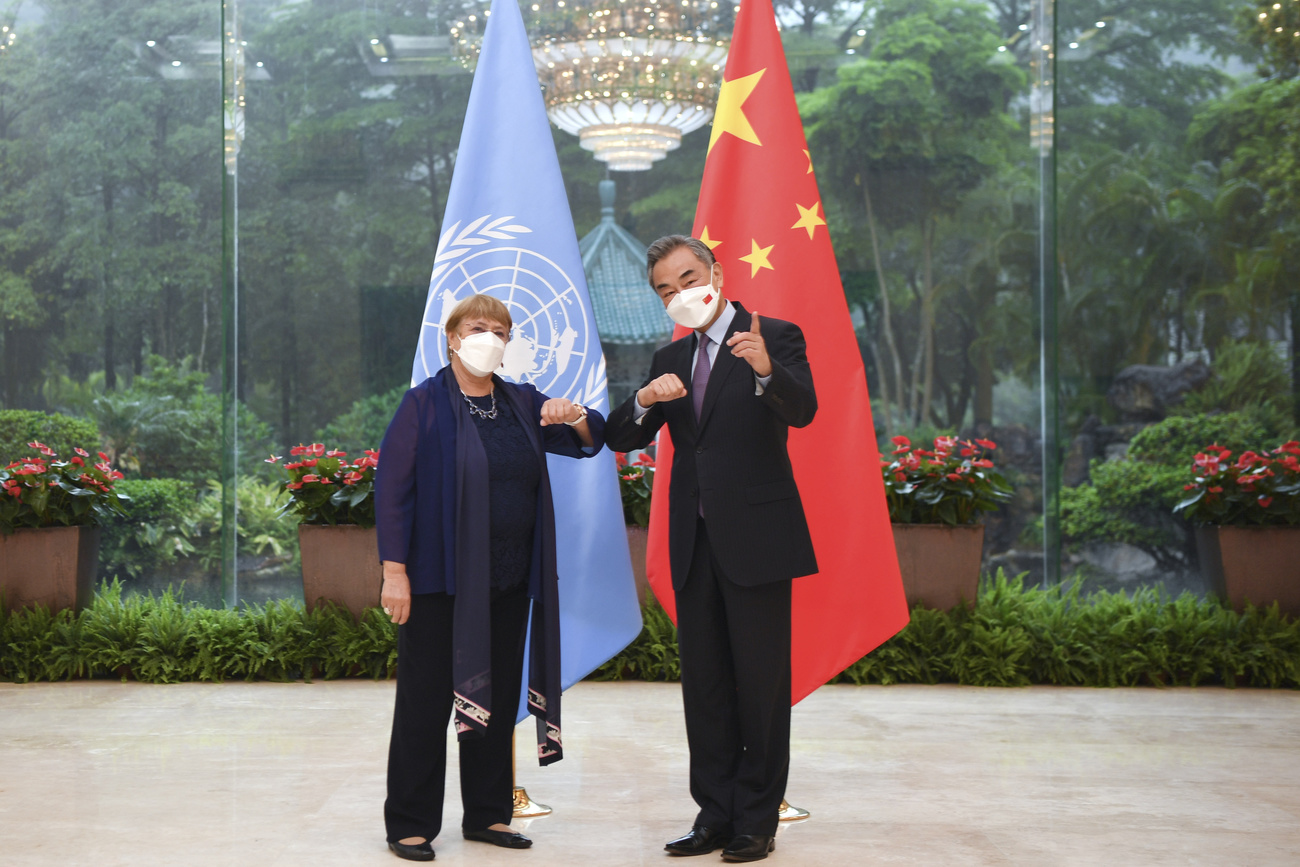
More
Human rights chief ends China visit, saying it was not a probe
Terms of reference
So what are the ideal terms of reference for a human rights official’s visit? Last year, Switzerland was among 40 countries that put pressure on Beijing to allow Bachelet “meaningful and unfettered” access to Xinjiang.
Former UN Torture Rapporteur Nowak told swissinfo.ch that terms of reference are key, especially in a country like China. “For me as an investigator of torture, these were primarily that I can visit every place of detention — not just prisons, but also places of police detention, re-education camps and so on – without prior announcement to the authorities and, even more importantly, speak in private with detainees. Of course, my visit was then finally obstructed to some extent because they put us under a lot of surveillance, but I went to many detention centres without prior announcement, and I could speak in private to detainees whom I chose.”
Nowak, as UN Torture Rapporteur, actually cancelled a visit to the US military detention camp Guantanamo Bay in Cuba in November 2005 when Donald Rumsfeld, who was US Defence Secretary under President George W. Bush, would not meet his conditions, notably meeting privately with detainees accused of terrorism. “By coincidence, I did a press conference in London with Amnesty International and a journalist asked, you did not go to Guantanamo in December, but now you go to China?” he told swissinfo.ch. “And I said yes, because China agreed to my terms of reference. The US did not agree. So that was of course not the best kind of public relations for the Bush administration. In principle, the Chinese were complying with the terms of reference, and I actually got a lot of information.”
In China, though, you need to be very careful, he says. You need a team travelling with you that includes security and IT people, who can check if your hotel room is bugged or your telephones are being tapped.
“Every two hours we had to change the SIM card in our telephones because they were listening to our communications,” he says.
You also need people who “really know Chinese, of course, but also the Uyghur scene, because otherwise they are just saying this is Mr. X and in reality it’s a totally different person”, he told swissinfo.ch.
‘Not an investigation’
Bachelet told the press conference on Saturday that her visit was not an investigation. “Official visits by a High Commissioner are by their nature high-profile and simply not conducive to the kind of detailed, methodical, discreet work of an investigative nature,” she told the press. “The visit was an opportunity to hold direct discussions – with China’s most senior leaders – on human rights (…) with a view to supporting China in fulfilling its obligations under international human rights law.”
Nowak points out that Bachelet is a former president of Chile and more of a diplomat than an investigator. Engaging in a human rights dialogue with the Chinese at the highest level could, he suggested, also lead to improvements and possible political de-escalation at a time when tension is escalating, he said, notably over Taiwan, Hong Kong, Ukraine and Xinjiang.
The best scenario would be an improvement in the Uyghur situation in China, Nowak believes. But Bachelet might also get some concessions on long-term UN goals like China’s ratification of the International Covenant on Civil and Political RightsExternal link and abolition of the death penalty.
What’s next?
Bachelet told the press she had raised these issues with Beijing, as well as human rights concerns in Xinjiang, Hong Kong and Tibet. She also announced that the Chinese government had agreed to set up a working group to “facilitate substantive exchanges and cooperation between my office and the government through meetings in Beijing and in Geneva, as well as virtual meetings”. This was especially important, she said, because her office does not have a country presence in China.
So maybe there will be follow-up, maybe there will be some results and no doubt it will take time. Human Rights Watch China director Sophie Richardson remains sceptical. “Working group on ‘substantive cooperation’ between UN Human Rights and China government?” she tweeted. “Game. Set. Match to Xi [Chinese President Xi Jinping].”

In compliance with the JTI standards
More: SWI swissinfo.ch certified by the Journalism Trust Initiative









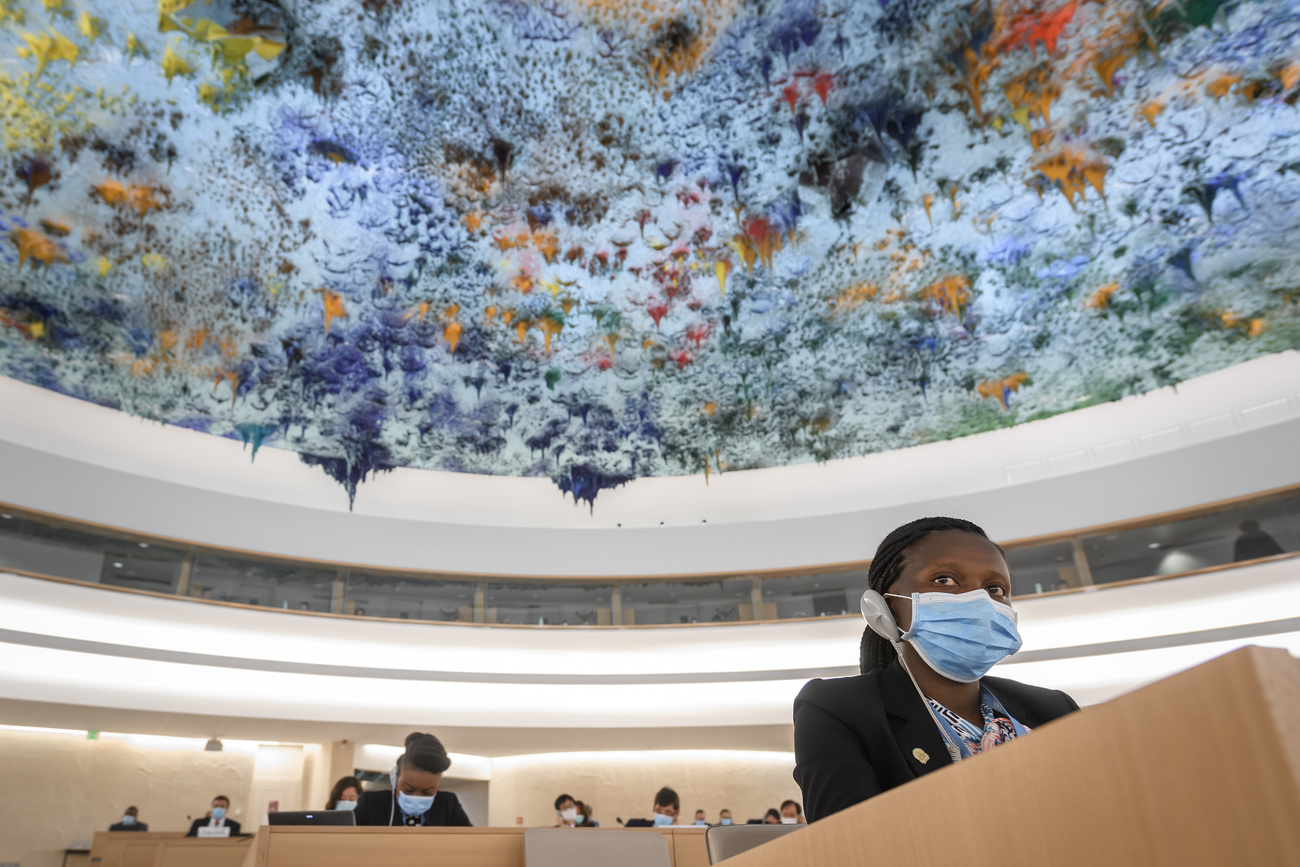

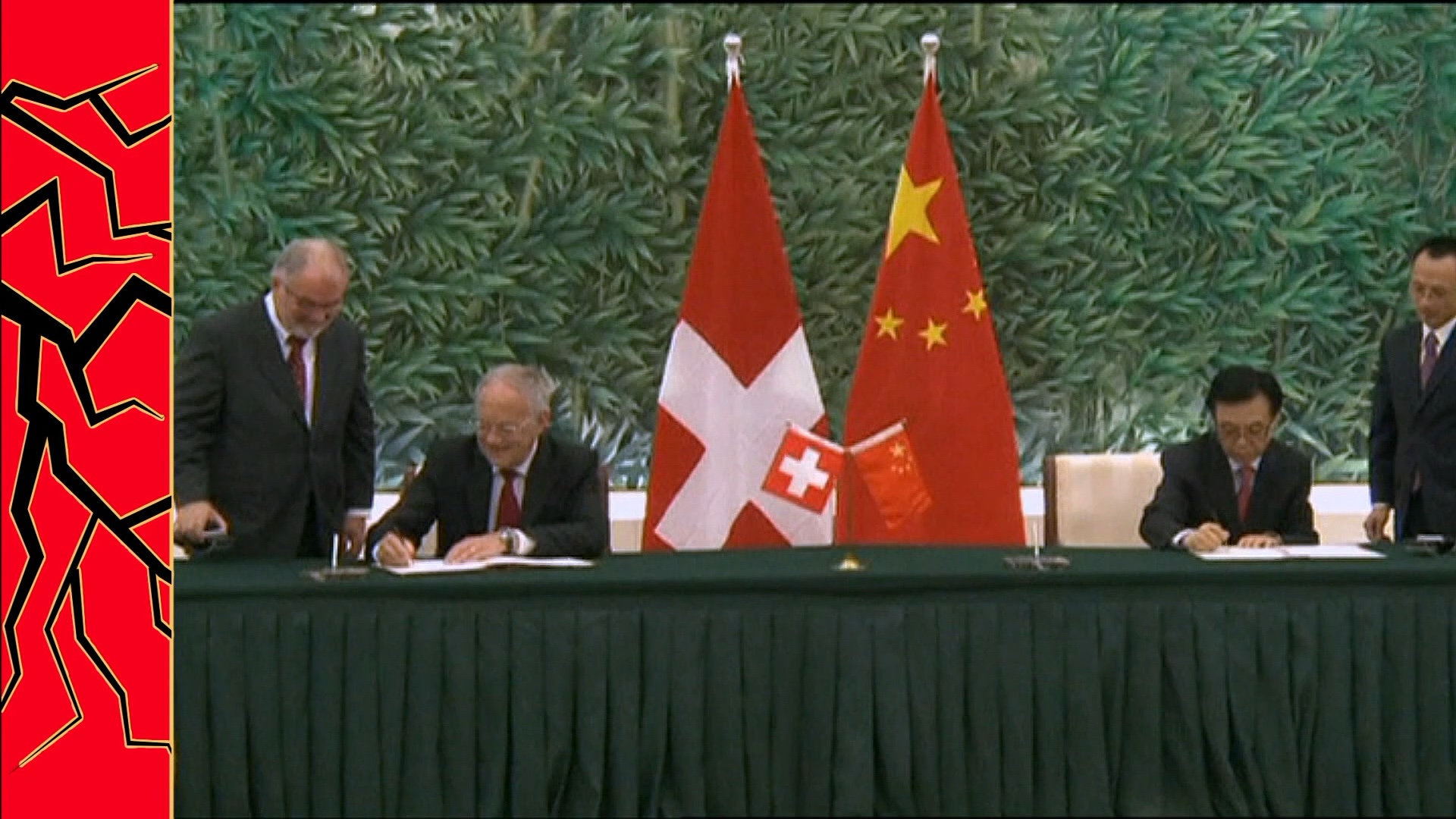
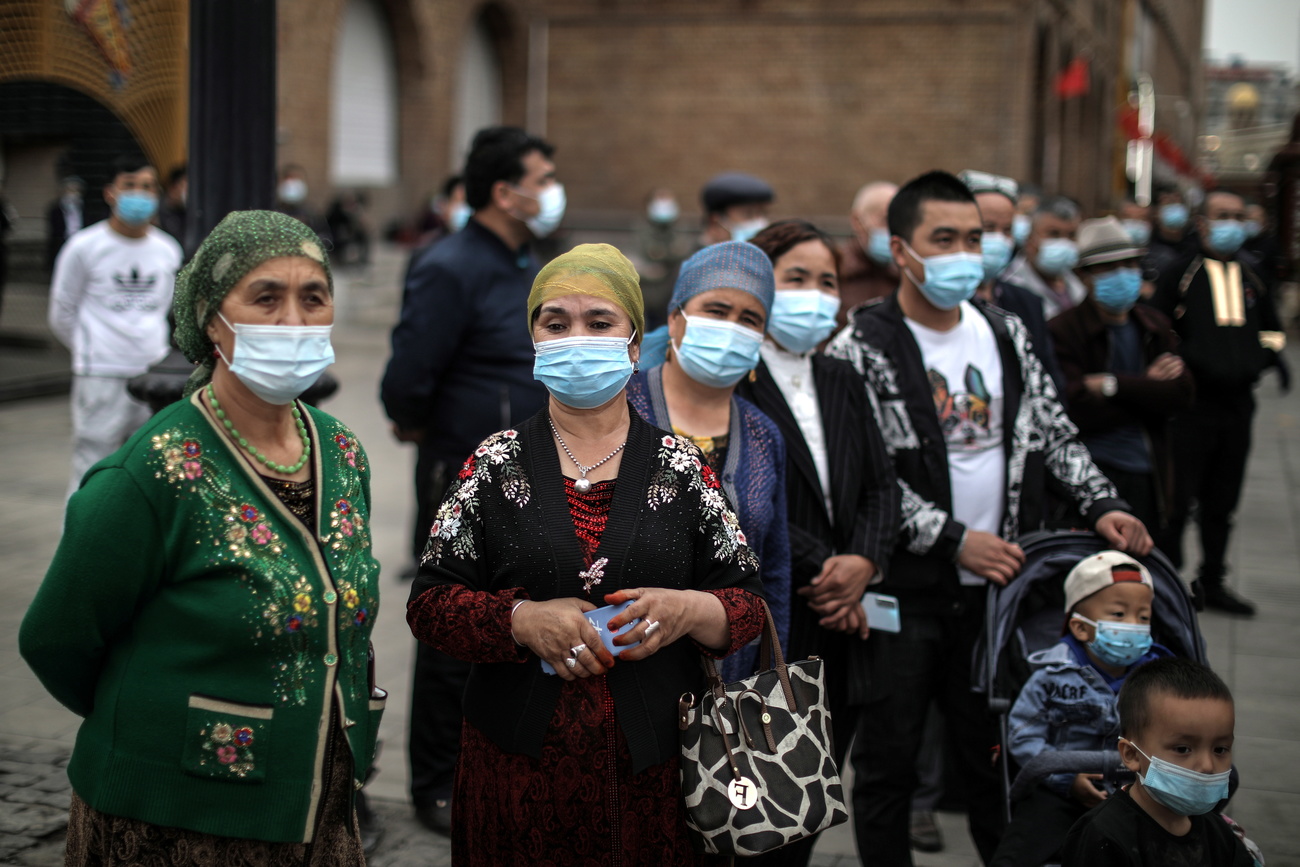
You can find an overview of ongoing debates with our journalists here . Please join us!
If you want to start a conversation about a topic raised in this article or want to report factual errors, email us at english@swissinfo.ch.